Alchemy of Writing :: Character Creation
The unadorned truth about writing fiction is that the author is conveying ideas (and ideals) by using proxies such as characters, motivations, and circumstances. One of the most important of these proxies is the aforementioned characters and the collection of experiences which forms who that person is at their core. The more believable the character you weave, the more engrossing the story is for your reader.
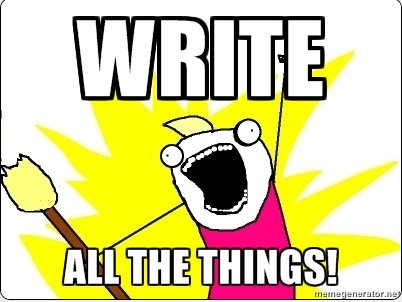
When a reader delves into fiction, one of the first things to happen is that they feel something in regards to the protagonist. For example, sympathy for some horrid thing gone wrong and the main character has to go on a journey (whether literal or figurative, such as a change of perspective) to resolve the issue, solve the mystery, or get from point A to point B. Not hooking a reader with the first chapter can be detrimental. That first chapter needs to be a barbed hook while the remainder of the work is the line and reel to pull the reader into the narrative and cheer (or boo, if one is going the anti-hero route) the protagonist on through troubles.
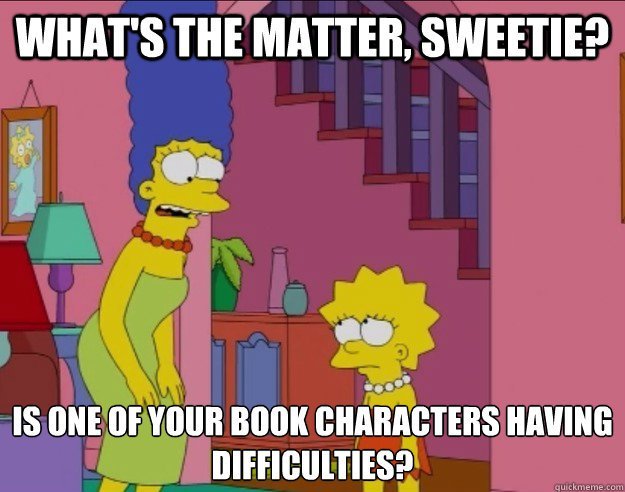
In the world of writing, characters are the author’s minions: doing the bidding, creating conflict, distracting to throw red-herrings. A surefire way to create a fleshed out character is fairly easy: Everyone has motives. Never forget this nugget of truth. While an underling may do as their boss orders, the motive (or counter-motive) of said underling still needs to be addressed. Everyone has emotions, feelings, resentments and a past. Once the character’s motives have been identified, it’s easier for a reader to bond with their tour guide through your written work. As a rule, you want to know every character. Every facet relating to their lives, engrained in your soul so that a moment’s notice you possess the magic puzzle piece that pulls a story together. Whether a tale is plot or character driven is irrelevant if the reader cannot connect on a primal level (you want at the very least curiosity to drive a reader onward to the end. If you cannot provide incentive for the reader to continue, you will have a bored or spiteful reader on your hands.) with the people inside the story. A damn fine tale touches one, and to achieve that, the character’s soul must be bared. Once that wall is down, you as a writer can kick serious ass with a powerful tale that doesn’t pull punches.
Here are five things to keep in mind when crafting characters to engross readers into wanting more:
1- Everyone has a past.
We don’t just pop into the timestream at any given point, only to pop out until needed again—the past forms people into the beings they are now. Some are humble and rose to great heights, only to fall again, remaining steadfast. Or broken in spirit because their ambitions failed. Some are ‘under the radar’ and keep their past secret for a reason, waiting for the opportune time to claim their destiny. Some have a tragic past; some have unremarkable childhoods and find it difficult to cope with adversity having never really faced it before. If you are going to write the soul into a nebulous stranger, give them a rich and detailed past—doesn’t have to be minute by minute of every second of that life, but at the very least a general idea of what they could be doing at any given time.
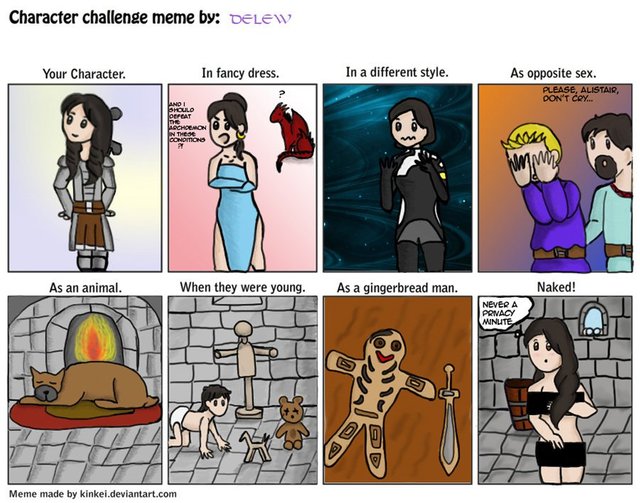
It doesn’t have to be anything extreme, but it does have to give a reader a sense of who this character is and why this character acts a certain way. In this regard, knowledge of basic psychology is beneficial. When one deviates from what has been established as normal behavior for that particular character, it makes it hard to suspend disbelief unless there’s a damn good reason for the deviation.
2- Everyone has motivations.
Be it needs or desires, characters require something to keep the forward momentum going. Goals are needed, and when thwarted, well, that makes for good reading. Let me give you an example. Put ten people into a room. There is one door, only a foot wide. No windows. In two minutes, those walls will begin creeping shut, smashing all inside into a paste of blood and bone. What is the foremost motivation for those people in the room? Getting out, right? Well, let’s say nine out of ten want to leave, while the tenth wishes to become a corpse because his family was killed in a freak accident only twenty minutes beforehand. He doesn’t care if he lives or dies because the one thing that kept him sane was his family and now they are gone. Alas. But what if another wishes to save everyone in that room? Because his family too, was killed, and he refuses to watch another die, not while he can do anything about it. This concept touches on item one, everyone having a past. That past helps set motivations—or lack thereof. Now in this hypothetical room, you have a drama playing out. Eight have escaped to go back to their lives while the traumatized two contend with each other because their motivations clash. Motivation drives a story.
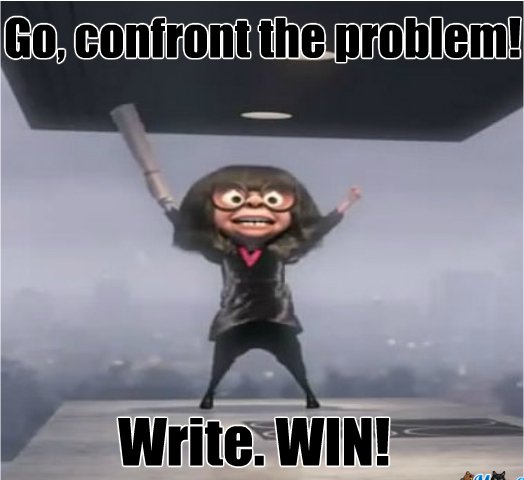
3- Everyone is bound by rules.
What is the name for someone who does what they want regardless of consequences? If you guessed psychopath, you wouldn’t be wrong. Actions have consequences, and those consequences act as guards to keep a society calm. Remove those precautions and hell breaks out. Let’s take Game of Thrones for example. When King Joffery did as he wanted by beheading Ned Stark, he didn’t care enough about the consequences of his actions and the repercussions thereof. A great bloody war broke out, and Joffery ended up just as dead as Ned.

Kings, generals, holy men (and women), and lay people all have a set of societal standards which dictate behavior. Some of the best stories are those who have less rules than others (a peon can move more freely than a king, who would have a bodyguard or courtiers following in his wake) because it allows one to see how the world functions for the majority rather than the privileged few.
4- Knowledge is power.
Even those without formal learning possess knowledge of some sort. Random knowledge is a wondrous thing, but again, it is bound by rules. A noblewoman most likely wouldn’t know how to kindle a fire, skin and gut a rabbit, or cook a stew, unless her prior circumstances put her in a situation to learn. Nor would a peasant know how to act like a proper lordling in a king’s ritualized court—unless taught. Your creations are bound by the rules of their world. Betray the rules, betray the world and reader.
5- Everyone is flesh and bone.
If you need help visualizing your creations, create character files in a notebook or binder. Information such as birthday, hobbies, favorite curse words and random things that you put in your stories and want a reference for continuity’s sake. If you write that the protagonist has green eyes in the beginning, then write a few chapters later that they are blue—your reader will know. Character continuity is beyond important.
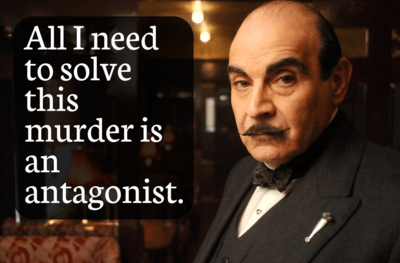
I tend to sketch my characters and jot down stats, random bits of history and preferences for future reference. Use what means you need to solidify the people you create. Here is a handy chart that can help with character creation.

Wow, interesting read. I have bookmarked it so I can revisit at a more convenient time.. must take some notes from your pointers.